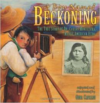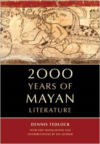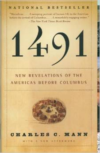Description
“A Nation of Women” chronicles changing ideas of gender and identity among the Delaware Indians from the mid-seventeenth through the eighteenth century| as they encountered various waves of migrating peoples in their homelands along the eastern coast of North America.
In Delaware society at the beginning of this period| to be a woman meant to engage in the activities performed by women| including diplomacy| rather than to be defined by biological sex. Among the Delaware| being a “woman” was therefore a self-identification| employed by both women and men| that reflected the complementary roles of both sexes within Delaware society. For these reasons| the Delaware were known among Europeans and other Native American groups as “a nation of women.”
Decades of interaction with these other cultures gradually eroded the positive connotations of being a nation of women as well as the importance of actual women in Delaware society. In Anglo-Indian politics| being depicted as a woman suggested weakness and evil. Exposed to such thinking| Delaware men struggled successfully to assume the formal speaking roles and political authority that women once held. To salvage some sense of gender complementarity in Delaware society| men and women redrew the lines of their duties more rigidly. As the era came to a close| even as some Delaware engaged in a renewal of Delaware identity as a masculine nation| others rejected involvement in Christian networks that threatened to disturb the already precarious gender balance in their social relations.
Drawing on all available European accounts| including those in Swedish| German| and English| Fur establishes the centrality of gender in Delaware life and| in doing so| argues for a new understanding of how different notions of gender influenced all interactions in colonial North America.






Reviews
There are no reviews yet.